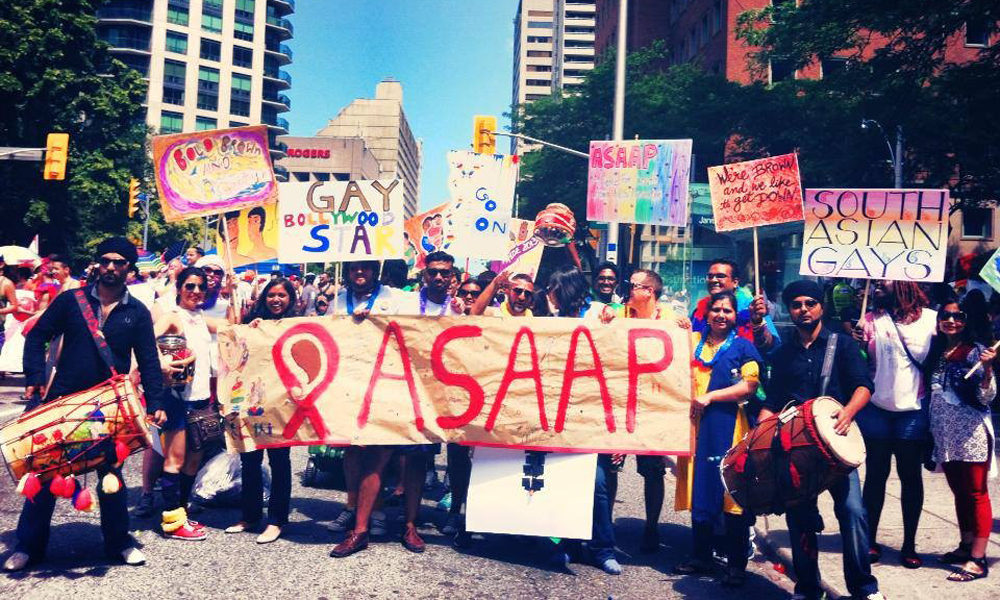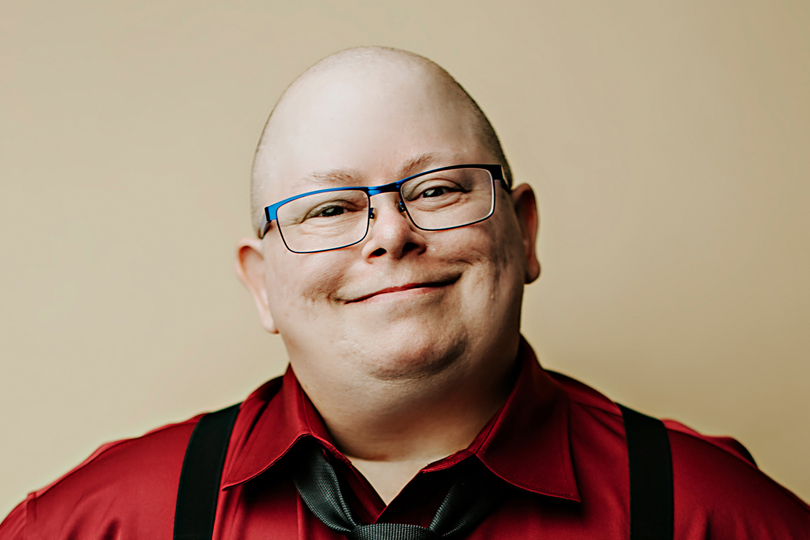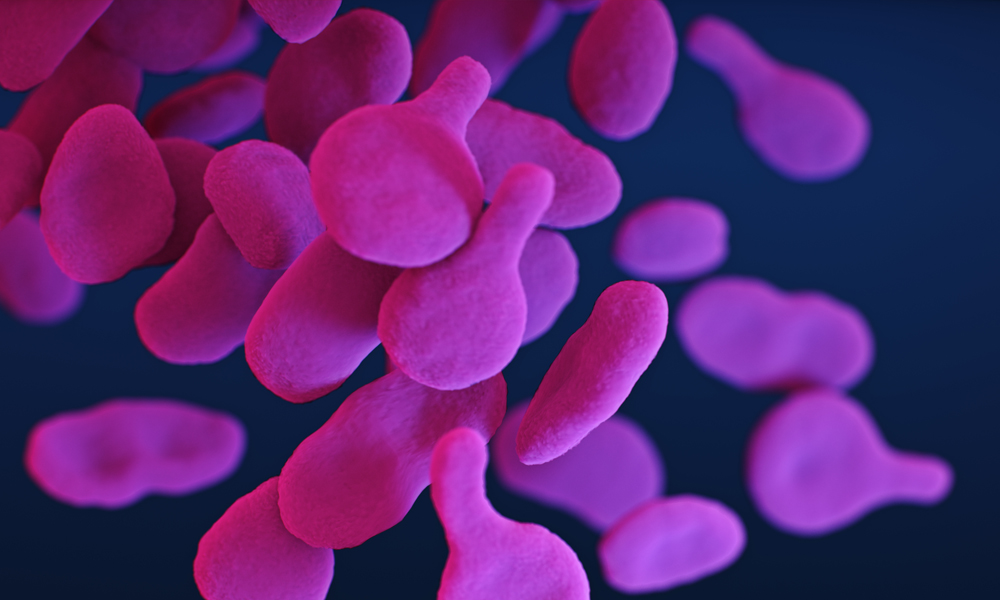Services are available to gay men living with HIV in the South Asian community…
As a society, we’ve come a long way in terms of our attitudes towards gay men living with and affected by HIV. Unfortunately, stigma still exists, and it is more pronounced in racialized communities, including the South Asian community. That’s why culturally sensitive support services are essential; they take into account the specific challenges people in these communities face, and are able to address their varied needs.
The Alliance for South Asian AIDS Prevention (ASAAP) provides HIV/AIDS, sexual health and support services for South Asian communities in the Greater Toronto Area. IN recently caught up with ASAAP’s executive director, Haran Vijayanathan, to explore some of the services available to the community and to discover just how far we’ve come…and how far we have yet to go.
ASAAP marks its 30-year anniversary next year. Has there been a shift in how the South Asian community addresses and supports gay men living with HIV?
Sadly, 30 years into the epidemic, HIV stigma and homophobia still exists in all communities, including the South Asian and Middle Eastern communities. There’s been a shift for the better and recognition that HIV is an issue within our communities, but there’s still a reluctance to talk about it. The older populations tend to maintain their [traditional] values and beliefs, while the younger generations are more open, but still engage with our organization a bit hesitantly.
What are some of the support services currently available for gay men living with HIV in the South Asian community?
ASAAP offers support groups called Dosti and Snehithan for gay, bi, queer and trans MSM [men who have sex with men], irrespective of their HIV status. We also have a support program that ensures those living with HIV are supported in accessing basic needs. This year, we’ll be offering a regular monthly support group for gay, bi and queer MSM living with HIV who identify as South Asian/Middle Eastern.
What about HIV prevention programs?
We currently provide prevention and education programming for South Asian men. We conduct workshops and information sessions through group programs like Cardamom Kitchen, a support/education program where we use cooking and eating together as a means of building community and offering access to information around HIV prevention—PrEP—as well as where to get tested and psycho/social issues that put people at risk.
What are the benefits of providing culturally sensitive, multi-language support services?
ASAAP began because a couple died as a result of their HIV infection. They died because they didn’t speak English and were unable to access adequate health supports, medication or treatment. By offering culturally sensitive and linguistically appropriate services, we’re able to reach various communities within the larger South Asian and Middle Eastern communities by providing education and prevention messaging in languages they understand. For those living with HIV, we’re able to connect them to care and, more importantly, through translation services and the Peer Navigation model we use, clients can make informed decisions around their health care, which allows them to be proactive in ensuring treatment adherence while working towards undetectable viral loads.
You’ve been chosen as the grand marshal for Pride Toronto’s 2018 festival. What does this mean to you?
It’s quite meaningful that I’m the first Sri Lankan Tamil gay man to be chosen as the Grand Marshal in the history of Toronto Pride. It allows us to chip away at the homophobia that exists within our communities. I hope those who read about me or see me in the parade also see themselves in me. When I was coming out of the closet in Winnipeg, I didn’t see South Asian gay folks represented in any media or in the community. I felt alone and isolated, and that led to some mental health issues, including thoughts of suicide. It’s my hope that being in this position helps people recognize that they’re not alone, and encourages them to connect with ASAAP and the programs we offer.






POST A COMMENT